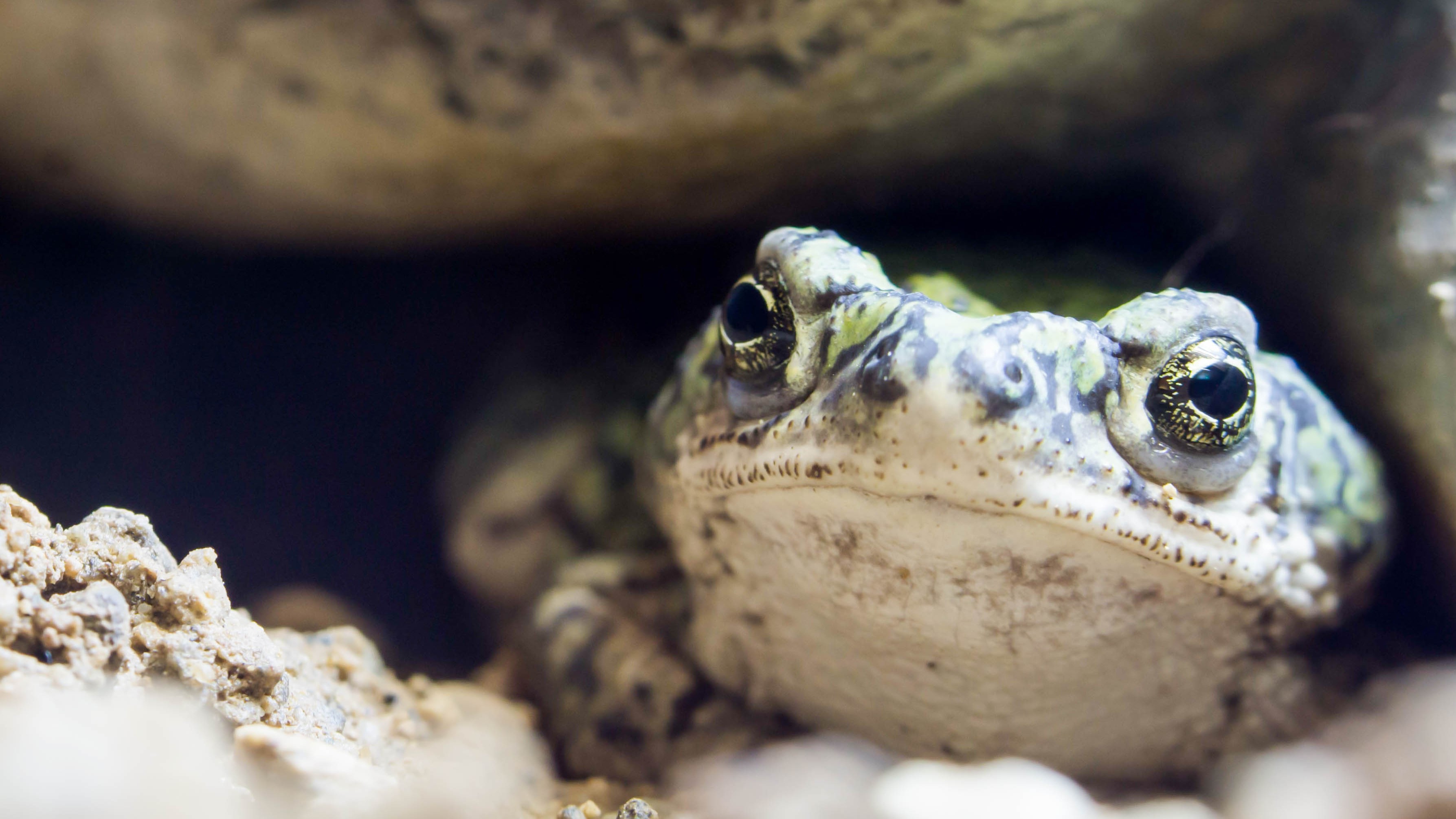
The National Park Service has asked hikers exploring parks not to pick up and lick Sonoran Desert Toads they see on their adventures. Although the message was shared in a light-hearted Twitter thread, the warning is genuine.
The toad's skin contains a toxin that has hallucinogenic properties when crystallized and smoked, but the substance can make people and animals very sick if ingested.
"Animals that harass this species generally are intoxicated through the mouth, nose, or eyes," says the Association of Zoos and Aquariums. "Dog owners should be cautious: the toxins are strong enough to kill full grown dogs that pick up or mouth the toads.
These toads have prominent parotoid glands that secrete a potent toxin. It can make you sick if you handle the frog or get the poison in your mouth.November 1, 2022
The toad is also suffering. In March this year, the New York Times reported that the species is in danger from illegal trafficking, poaching, and over harvesting, which could result in population collapse. As its name suggests, the toad is found mainly in the Sonoran Desert. However, wild toads haven't been seen in California for years, and the animal is classed as threatened in New Mexico, partly due to collection.
“There’s a perception of abundance, but when you begin to remove large numbers of a species, their numbers are going to collapse like a house of cards at some point,” Robert Villa, president of the Tucson Herpetological Society, told the Times.
The process of extracting toxins is also unpleasant for the animals, as the substance is only secreted in response to distress. Hikers who spot one of the large, smooth-skinned toads should take a moment to appreciate it (particularly its multi-colored eyes), then leave it in peace and hop on.
Advnture Newsletter
All the latest inspiration, tips and guides to help you plan your next Advnture!

Cat is the editor of Advnture, She’s been a journalist for 15 years, and was fitness and wellbeing editor on TechRadar before joining the Advnture team in 2022. She’s a UK Athletics qualified run leader, and in her spare time enjoys nothing more than lacing up her shoes and hitting the roads and trails (the muddier, the better), usually wearing at least two sports watches.
